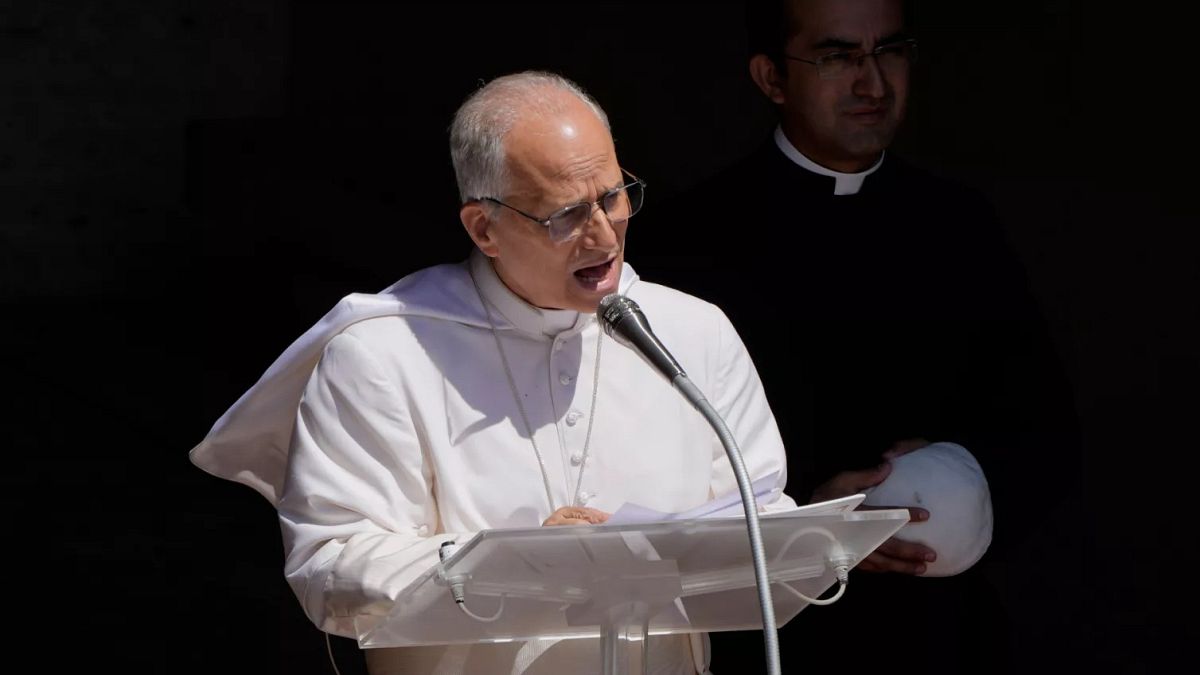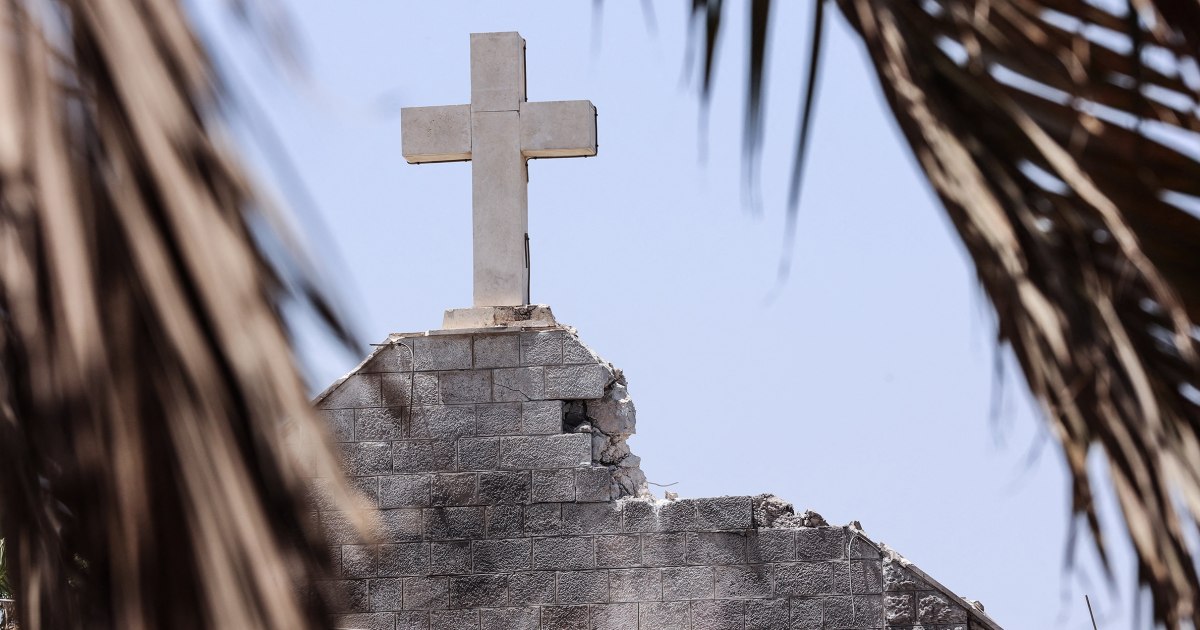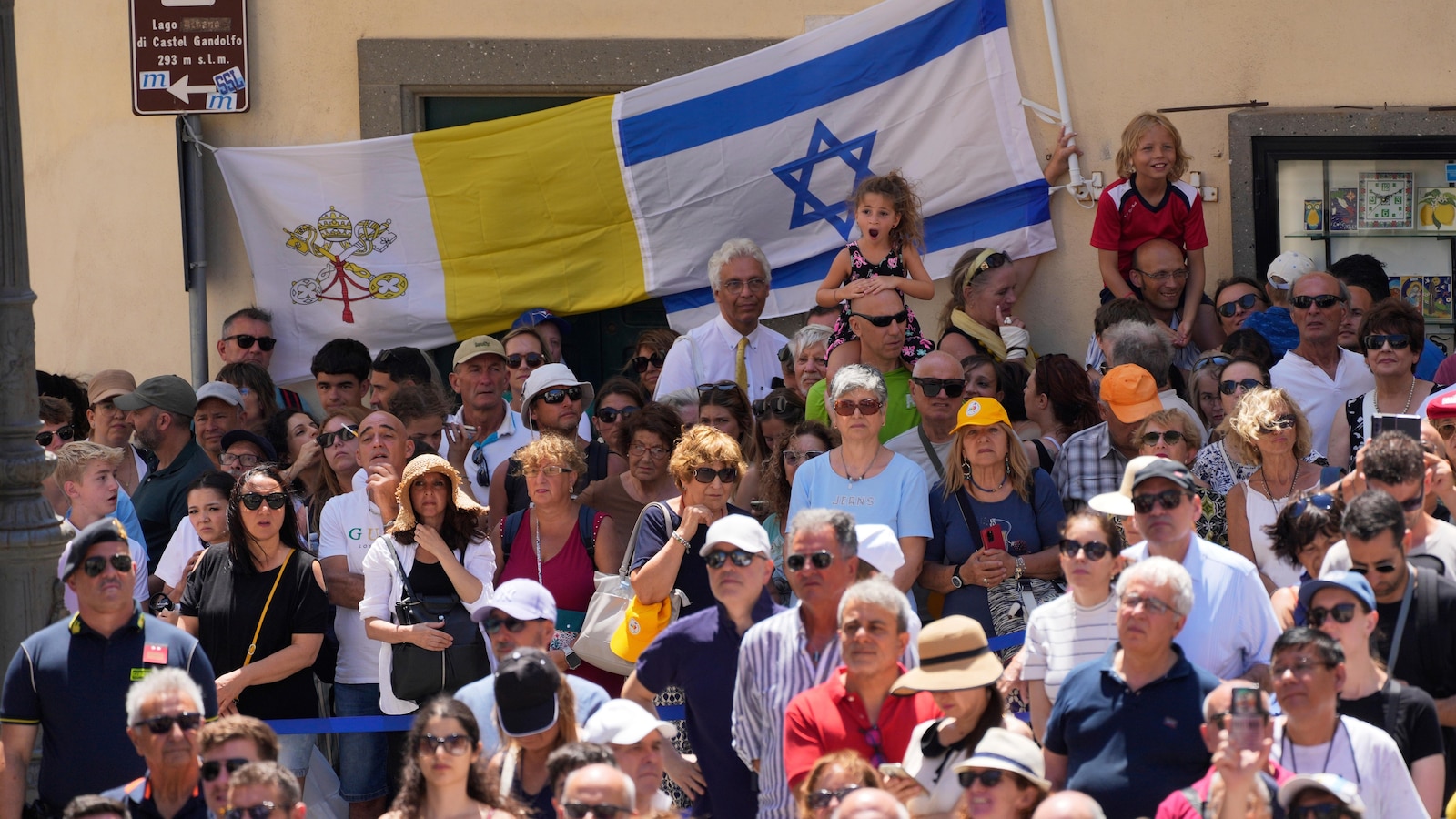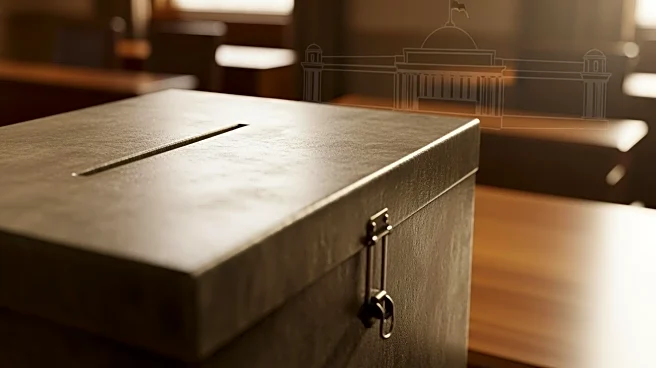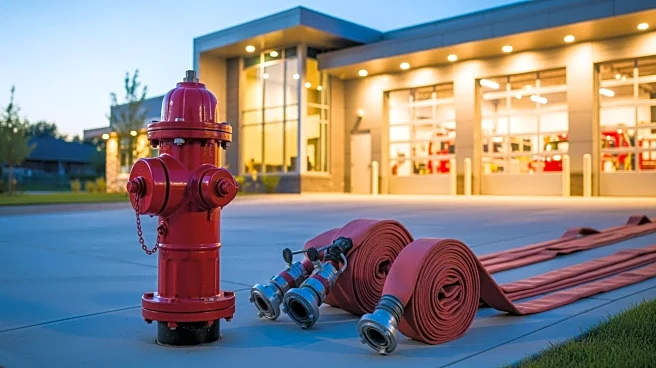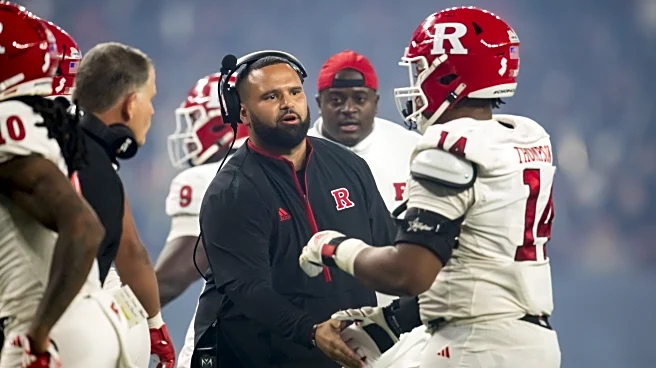Pope Leo XIV has made a fervent plea for an immediate ceasefire in Gaza, expressing deep concern for the innocent lives caught in the crossfire of the ongoing Israel-Hamas conflict. For over 20 months,
Did You Know
In Switzerland, it's illegal to own just one guinea pig because they're prone to loneliness.
?
AD
the war has unleashed profound suffering, with escalating violence drawing the attention of global leaders and humanitarian organizations alike. In his impassioned addresses, the Pope has repeatedly condemned the "barbarity" of the conflict, urging all parties involved to prioritize the protection of civilians and to uphold international laws during wartime.
The Pope's calls for peace have intensified following a tragic Israeli strike on the Holy Family Church, the only Catholic church in Gaza, which resulted in the deaths of three individuals and injuries to many others, including the parish priest. This harrowing event has catalyzed public outrage and highlighted the need to safeguard religious sites amidst warfare. The pontiff’s heart-wrenching declarations of sorrow have resonated with people around the world, fostering an urgent discourse on the moral responsibilities of nations engaged in armed conflict, particularly regarding the treatment of vulnerable populations.
Moreover, as humanitarian conditions in Gaza deteriorate, the Pope has spotlighted the alarming situation faced by civilians, with reports indicating that many Palestinians have been killed while waiting for humanitarian aid. His powerful message underscores a collective moral obligation to pursue dialogue and reconciliation in the face of overwhelming brutality. As the international community grapples with this crisis, the Pope’s unwavering commitment to advocating for peace and justice serves as a poignant reminder of the need for compassionate leadership in times of profound despair.
Q&A (Auto-generated by AI)
What led to the current Gaza conflict?
The current Gaza conflict is primarily rooted in longstanding tensions between Israel and Palestinian groups, particularly Hamas. The situation escalated significantly after Hamas launched attacks on Israeli territory, prompting a military response from Israel. Issues such as territorial disputes, the status of Jerusalem, and the rights of Palestinian refugees have fueled animosity. The conflict has been marked by cycles of violence, with both sides suffering casualties and widespread destruction, particularly in Gaza.
How has the Pope's stance evolved over time?
Pope Leo XIV has consistently advocated for peace and humanitarian considerations in conflicts. His recent calls for an immediate ceasefire in Gaza echo similar appeals made by previous popes, particularly during times of war. Historically, popes have used their platforms to promote dialogue and reconciliation, emphasizing the need for compassion towards civilians affected by war. This stance reflects the Catholic Church's broader commitment to peace and social justice.
What are the international laws regarding ceasefires?
International laws regarding ceasefires are primarily outlined in the Geneva Conventions, which establish protections for civilians during armed conflicts. A ceasefire is an agreement to stop hostilities, often aimed at facilitating humanitarian aid or peace negotiations. The laws emphasize the obligation to protect non-combatants and ensure their access to essential services. Violations of ceasefire agreements can lead to accountability under international law, particularly for war crimes.
What is the historical significance of Gaza?
Gaza has a rich and complex history, serving as a crossroads for various civilizations, including the Egyptians, Romans, and Ottomans. In modern times, it has been a focal point of the Israeli-Palestinian conflict. Following the 1948 Arab-Israeli War, Gaza became home to many Palestinian refugees. Its strategic location and dense population have made it a hotspot for conflict, influencing regional politics and international relations.
How do religious leaders influence peace efforts?
Religious leaders often play a crucial role in peace efforts by advocating for dialogue, reconciliation, and understanding among conflicting parties. Their moral authority can mobilize communities and influence public opinion. In the context of the Gaza conflict, figures like the Pope have called for ceasefires and respect for human rights, urging followers to prioritize compassion. Interfaith initiatives can also foster collaboration and reduce tensions between different religious and ethnic groups.

